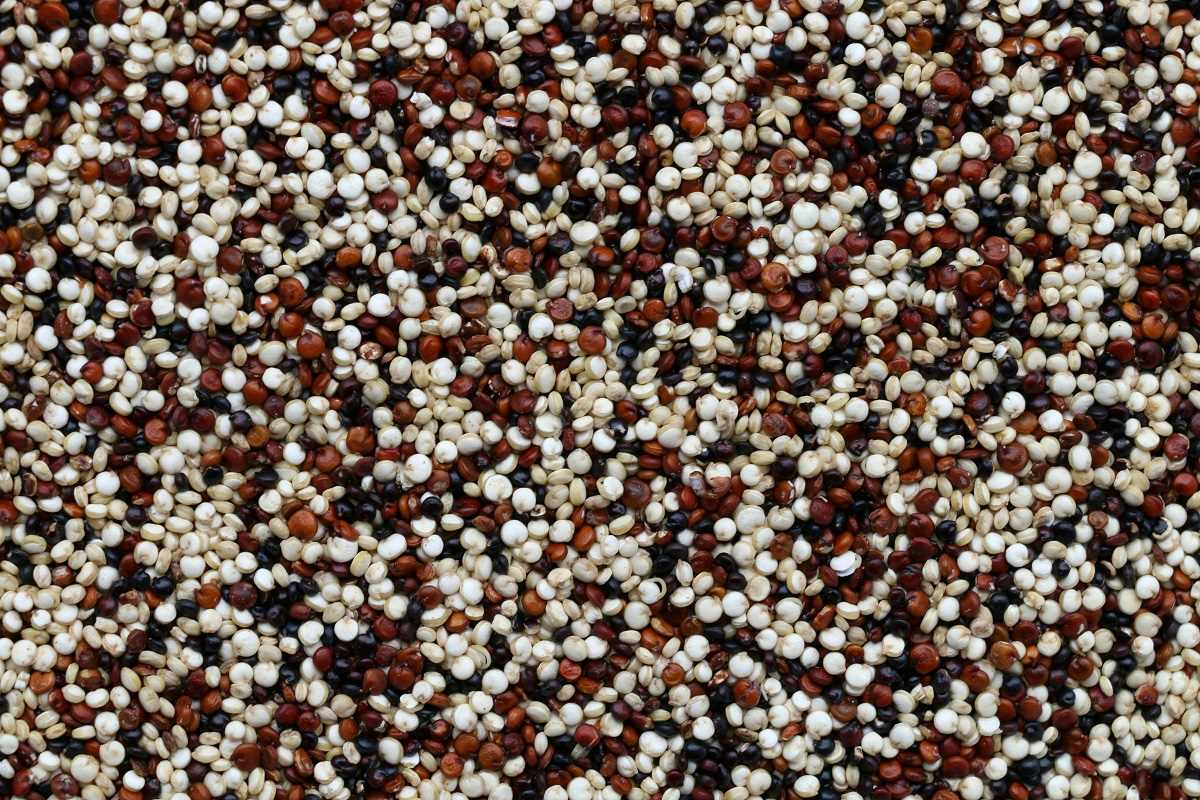Your skin is your largest organ, and it reacts visibly to environmental changes. Seasonal shifts can influence your skin's texture, hydration levels, and oil production — all of which play a role in acne development. Managing acne effectively requires understanding how varying weather conditions like humidity, temperature, and sunlight exposure affect your skin. By adjusting your skincare routine accordingly, you can reduce breakouts and promote healthier skin year-round.
Winter
Cold winter air tends to be drier, which can wreak havoc on your skin. Indoor heating also strips moisture from the air, leaving your skin dehydrated. Dry skin may seem unrelated to acne, but it often leads to an overproduction of oil as your skin tries to compensate. This extra oil can clog pores, leading to breakouts.
- Use a hydrating cleanser that removes impurities without stripping your skin's natural oils.
- Incorporate a rich, ceramide-based moisturizer to lock in hydration and repair your skin barrier.
- Opt for a non-comedogenic facial oil at night for extra moisture without clogging pores.
- Don't skip sunscreen! While the sun may seem less intense, UV rays are still prevalent in winter.
Spring
Spring brings fluctuating temperatures and increased pollen levels, which can trigger skin irritations and inflammation. Some people also experience heightened oil production during warmer spring days.
- Switch to a gentle exfoliating cleanser to remove dead skin cells and unclog pores, but limit exfoliation to 1-2 times a week.
- Use a lightweight moisturizer with hydrating ingredients like hyaluronic acid to maintain balance.
- Protect your skin from allergens by incorporating antioxidants like vitamin C to help with redness and inflammation.
- Transition to a broad-spectrum sunscreen with at least SPF 30 to shield against intensifying UV rays.
Summer
Hot and humid conditions in summer can be especially challenging for acne-prone skin. Excessive sweating, combined with increased oil production, often clogs pores, leading to blackheads, whiteheads, and cystic acne. Sunscreen can also feel greasy if you're not using the right formula, adding another layer of potential breakouts.
- Cleanse your face twice daily with a foaming or gel-based cleanser to remove excess oil and sweat.
- Use a non-comedogenic, oil-free sunscreen to protect your skin without clogging pores. Mineral-based sunscreens with zinc oxide are particularly effective.
- Incorporate a lightweight, oil-free moisturizer to keep skin hydrated while reducing greasiness.
- Consider using a product with salicylic acid or niacinamide to help regulate oil production and combat acne.
Fall
Autumn brings cooler temperatures and lower humidity levels, which often means a drop in your skin's hydration. Transition periods can confuse your skin, causing imbalances such as dry patches alongside mildly oily areas.
- Switch back to a gentle cleanser to avoid over-drying your skin as temperatures cool.
- Reintroduce a more hydrating moisturizer containing ingredients like glycerin or squalane.
- Use a retinol product at night to help with cell turnover and prevent clogged pores caused by dead skin buildup.
- Don’t skimp on SPF — fall sunlight can still trigger hyperpigmentation and damage.
Tips for Maintaining Healthy Skin Year-Round
- Adapt Gradually: Always give your skin time to adjust to new products or weather conditions. Sudden changes in routine can worsen acne.
- Stay Hydrated: Drink plenty of water, especially in drier seasons, as internal dehydration can impact your skin's moisture levels.
- Avoid Over-Exfoliating: While exfoliation is essential, doing it too often strips natural oils and disrupts your skin barrier.
- Focus on Consistency: Stick to a simple yet effective routine with cleansers, moisturizers, and treatments suited to your skin type.
- Consult a Dermatologist: If seasonal acne becomes unmanageable, a dermatologist can recommend stronger treatments like topical retinoids or oral medications.
The key to managing acne lies in understanding your skin's needs as the seasons change. From lightweight moisturizers in summer to richer creams in winter, adjusting your skincare approach is essential to keep breakouts under control. With some careful planning and a few tweaks to your routine, you can maintain clear, healthy skin no matter the weather.





.jpg)

